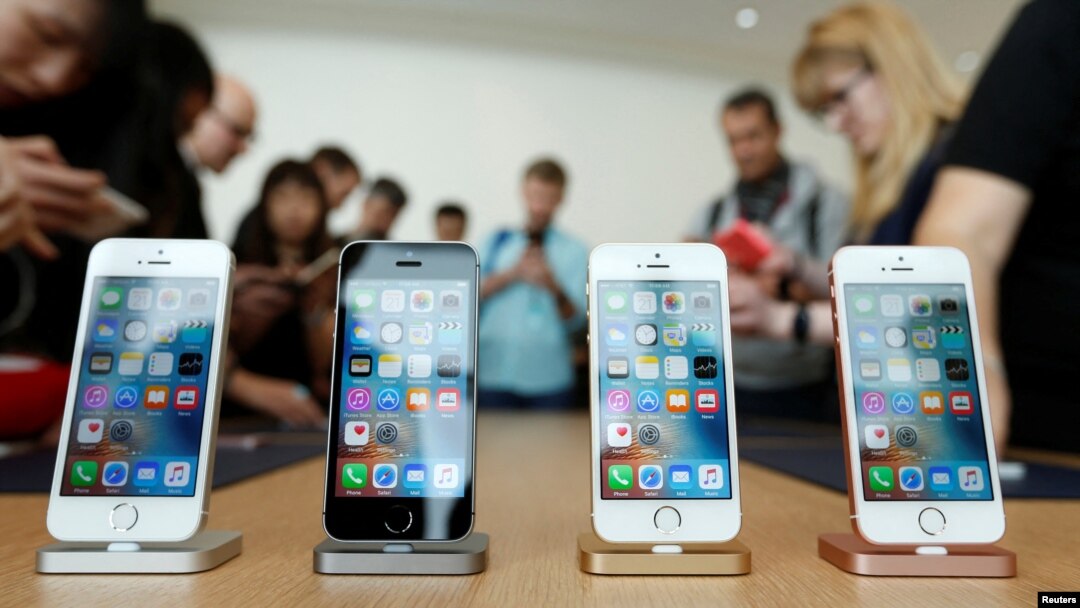Apple loves to be different.
When mobile makers were perfectly happy with the round 3.5mm earphone jack and plug, Apple eliminated it. That forced iPhone users to use Apple earphones with its exclusive "Lightning" connector - or use adapters to keep present ones. The lightning connector was also made standard for charging iPhones and other Apple products.
Now, after a decade of discussion, the European Union has moved to lay down the law on the Cupertino, California concern. A proposed bill states that as of 2024, all mobiles, tablets, cameras, and other chargeable devices must use the "USB-C" connector to power them.
European Parliament official Alex Agius Saliba, in a statement, announced "Today we have made the common charger a reality in Europe!"
He echoed the feelings of some, saying "European consumers were frustrated with multiple chargers piling up with every new device. Now, they will be able to use a single charger for all [of] their portable electronics."
When asked if the EU was singling out Apple with this measure, EU Internal Market Commissioner Thierry Breton responded "The rule applies to all and sundry. It's not adopted against anybody."
Apple, which did not immediately comment on Brussels' move, has said earlier than this regulation would hurt innovation. It also claimed the measure would create a mountain of electronics waste.
The proposal applies to devices with a wired charger, leaving open the possibility that Apple may avoid it by making its devices charge wirelessly.
Interestingly, Apple already uses the USB-C connector to charge laptops and some of its tablets.
The Brussels bill still needs formal approval by the EU Parliament and the European council, but observers say that's apparently but a formality. One aspect that differs is the charging standard for laptops - the proposal allows portable computer makers up to 40 months to bring them into compliance.
Proponents say they expect the rule to be in force in the late months of 2024.


